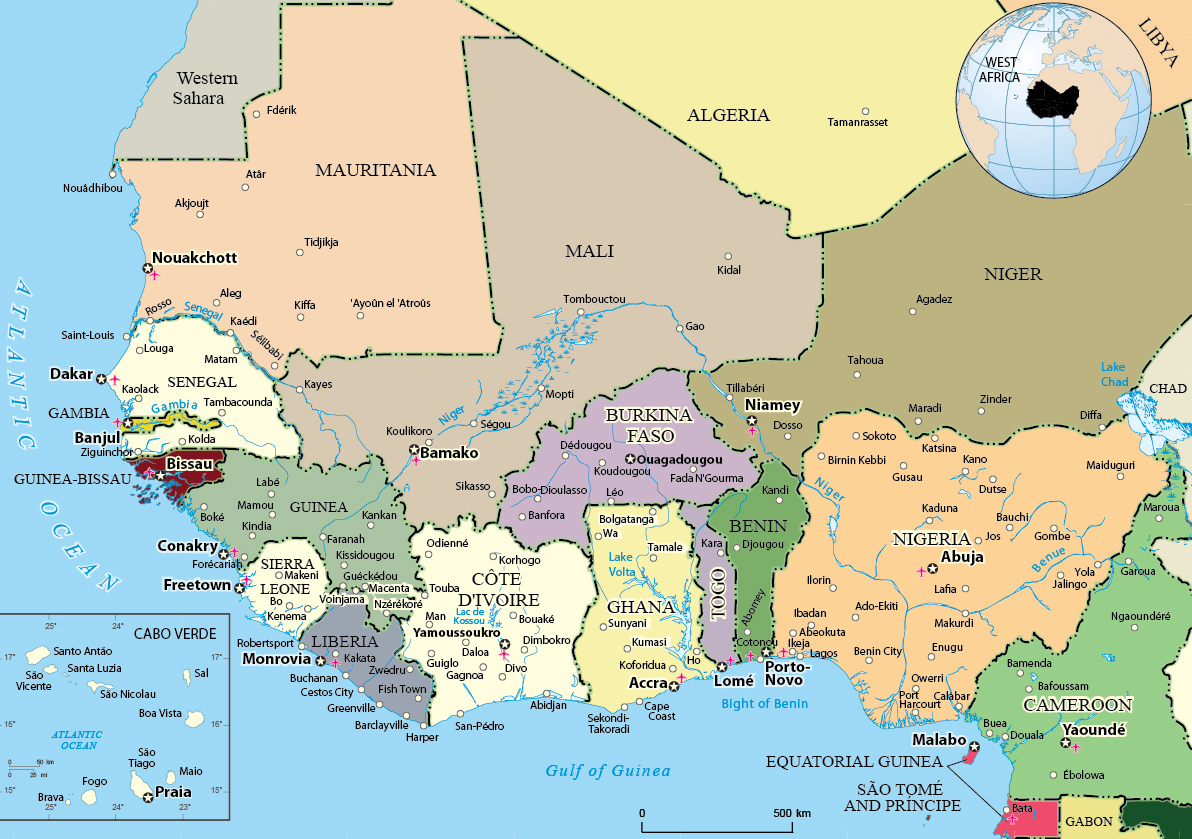Tuesday’s World #2: U.N. ends mission in Liberia
Tuesday's World Events — Posted on April 3, 2018
(by Danielle Haynes, UPI) — U.N. Secretary-General António Guterres congratulated the government of Liberia for turning “the page on crisis and conflict” as the United Nations ended its mission in the west African nation Friday.
U.N. peacekeepers departed Liberia after nearly 15 years in the wake of two deadly civil wars.
“The secretary-general congratulates the people and government of Liberia for their determination to turn the page on crisis and conflict,” a statement on behalf of Guterres said. “He commends the government’s continued efforts to ensure sustained peace and sustainable development in Liberia.”
U.N. peacekeeping troops entered the country in October 2003 at the end of the second Liberian civil war between a rebel group in the north, one in the south and the government of former President Charles Taylor.
The first Liberian civil war, from 1989 to 1997, left about 250,000 people dead and the second claimed nearly 300,000 lives. After the second war, conflict remained.
“The secretary-general expresses his profound respect to the memory of the 202 peacekeepers who lost their lives in the service of peace during the nearly 15 years the mission was deployed in Liberia. He expresses his gratitude to all troop- and police-contributing countries,” the U.N. statement said.
Guterres said U.N. officials would remain in Liberia in order to support the government in reforms and establishing peace.
Earlier this week, the United States announced it would end special temporary protected immigration status for Liberians who have lived in the country under this temporary status for decades.
The United States gave approximately 4,000 Liberians Temporary Protected Status in 1991 when the country was engulfed by its first civil war. Many have been living in the United States ever since. After the civil war there ended, the U.S. State Department deemed the security situation in Liberia to be too risky and gave the TPS recipients Deferred Enforced Departure status.
President Donald Trump’s decision ends DED status for Liberians and recipients were given until Saturday to obtain another form of legal immigration status, return to their country or face deportation.
This article was published at UPI (United Press International) on March 30.
Questions
1. For LIBERIA, give the following information:
- capital
- location/the countries that share its borders
- the religious breakdown of the population
- the type of government
- the chief of state (and head of government if different) If monarch or dictator, since what date has he/she ruled? – include name of heir apparent for monarch
- the population
Find the answers at the CIA World FactBook website. For each country, answers can be found under the “Geography” “People” and “Government” headings.
NOTE: Before answering the following questions, read the info under “Background” below.
2. For LIBERIA:
a) list the who, what, where and when of the news item
b) How long were U.N. peacekeepers in Liberia?
c) For what reason were the peacekeepers there for so long? Be specific.
d) Why will U.N. officials remain in Liberia after the troops pull out?
e) The U.S. grants people from various countries “Temporary Protected Status.” Read about TPS under “Background” below. What do you think of the effectiveness of this policy?
Background
NOTE: In 1990, as part of the Immigration Act of 1990 signed into law by President George H.W. Bush, Congress established a procedure by which the Attorney General may provide temporary protected status to immigrants in the United States who are temporarily unable to safely return to their home country because of ongoing armed conflict, an environmental disaster, or other extraordinary and temporary conditions. (from wikipedia)
Temporary Protected Status (TPS):
Countries Currently Designated for TPS include: El Salvador, Haiti, Honduras, Nepal, Nicaragua, Somalia, Sudan, South Sudan, Syria, Yemen [although President Trump has ended TPS for El Salvador, Haiti and Nicaragua in 2019]
The Secretary of Homeland Security may designate a foreign country for TPS due to conditions in the country that temporarily prevent the country’s nationals from returning safely, or in certain circumstances, where the country is unable to handle the return of its nationals adequately. …
The Secretary may designate a country for TPS due to the following temporary conditions in the country:
- Ongoing armed conflict (such as civil war)
- An environmental disaster (such as earthquake or hurricane), or an epidemic
- Other extraordinary and temporary conditions
TPS is a temporary benefit that does not lead to lawful permanent resident status or give any other immigration status. However, registration for TPS does not prevent you from:
- Applying for nonimmigrant status
- Filing for adjustment of status based on an immigrant petition
- Applying for any other immigration benefit or protection for which you may be eligible
… Read more about TPS at the DHS webpage.

